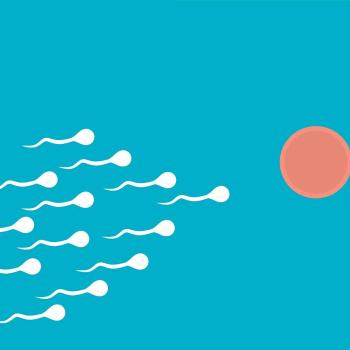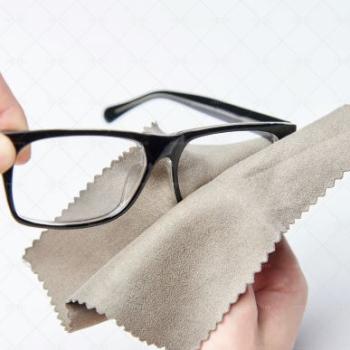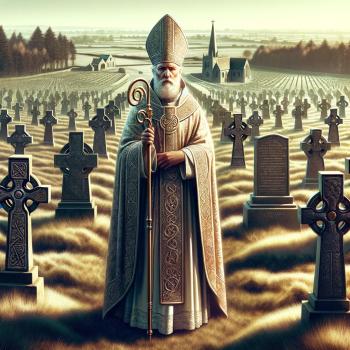It's impossible for me to hear and absorb those messages and then also think that the God of the universe actually loves me. I got close at some points to losing my faith, to seeing God as having declared Himself my enemy. It's hard to worship your enemy.
The pain and the cancer in themselves are not good, then, and yet we as Christians believe that God can bring good out of evil. Not to paper over the negatives, but what good has God brought out of it? What lessons has God taught you, or how has He shaped you?
My experience of cancer especially is that God is just so eager to bless. I find blessing all over the place, not in the cancer itself but all around it. It would almost be easier to answer what blessings I have not found.
Since my cancer diagnosis, I have experienced more friendship from more people than at any other time in my life. I've experienced not just a quality of medical care but a kind of medical care, humane medical care delivered by humane and decent people, that seems Christ-like to me. I don't know the religious convictions of all the people who have treated me, but I certainly believe that they are used by God in ways that are really quite extraordinary to bring blessing to people who are in circumstances that lead them to hunger for blessing. I do hunger for blessing in the midst of these medical conditions, but I regularly find that hunger satisfied.
Are there ways in which your suffering has changed you for the better?
For a time, I think, the chronic pain changed me for the worse. I had a period when I grew more bitter and isolated.
But ultimately the answer is yes. Over the past few years I have become less arrogant, less confident of my own judgments and insights, and better at listening to others.
As a result, I've become a better husband and father than I was. I love better than I did before. I am certain that's true in my family, and maybe even generally beyond my family. I think I am actually better at my job. One of the things I've learned over the years is that believers have a large advantage in many academic fields, but definitely in mine. We understand that the world is not what it should be, and that our own capacities to understand it are severely limited. These are things that many of our colleagues do not understand. They are simple realities. They are facts. And if you understand those realities, then you cannot help but see things that others are not seeing.
Have your experiences led you to think differently about the relationship between the body and the spirit? Christians sometimes behave as though all that matters is the spiritual life. Is that too simple? What does it mean to live our faith as embodied individuals?
That's a great question, and the best way I know to answer it is this. Chronic pain and cancer both make life more concrete. In times of good health, when our bodies are doing everything we want and expect them to do, there is a tendency to think of spiritual life as something that is anything but concrete. That's not possible, I find, in my present circumstances. My medical conditions, independently and together, are inescapable. Perhaps that's the key feature. They are there all the time. There is no time when I am not aware of them. I hurt all the time. I'm exhausted all the time. There is no escaping either of those states of affairs. I simply never feel like I used to feel virtually all the time.
What I find when I think back to the way I used to feel, I see that my life then was so much less concrete. It was not that I felt physical pleasure back then -- in fact, I think I feel more physical pleasure now than I did when I was healthy. It was just that I did not feel very much of anything. My body was nothing more than a vessel carrying me around. I think that sensibility extends to other areas of life. It leads to a life that is more abstract, less personal, a life that is up in the clouds and not down where the rubber meets the road. The abstract life, I find, is impossible to live when your body is broken down.
Do you ever feel hatred toward your body?
I certainly have felt hatred toward my body. There was a time when I felt that more acutely than I do now. I cannot manage to maintain enmity between myself and my body, because my self is in part my body. How can we be enemies? We are stuck together.
These conditions, both of them, become very quickly a part of one's identity. Chronic pain and cancer are not just things that have happened to me. They are things that I am.





